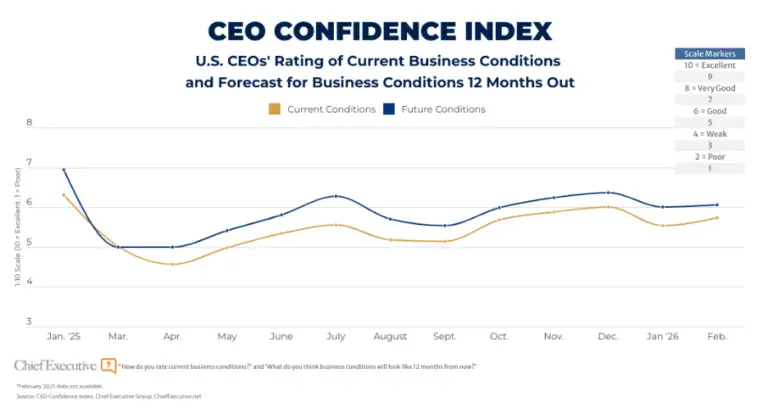The value of global M&A increased by 8.4% in the first half, though the rise was driven by a series of mega-deals that masked a fall in transaction numbers likely owing to political uncertainty.
It appears that many CEOs and corporate boards, particularly in the U.S., are awaiting more clarity on big government policy initiatives before executing on deal plans, despite signs the economy is in good stead. According to an analysis by Mergermarket, 8,052 deals were completed in the six months through June worth a combined $1.49 trillion, down from 9,169 deals in the same period last year.
Caution was clearly on display in the U.S, where executives are patiently awaiting progress on Donald Trump’s plans to slash corporate tax rates, relax regulations and invest more in national infrastructure.
In the three months through June, for example, U.S. deal value fell by 6.9% year-over-year to $290.6 billion, it’s lowest second-quarter level since 2013. Deal value for the entire first half, however, rose 2.4% in the wake of several monster transactions, including health care group Becton, Dickinson and Co.’s $23.6 billion bid for rival C.R. Bard and Amazon’s $13.5 billion bid for Whole Foods Market.
Other big global deals executed in the first half included British American Tobacco’s $60.6 billion bid for Reynolds American.
“Companies have been future-proofing in the wake of rapid changes to technology and politics to keep ahead of rivals.”
“Companies have been looking at ‘future-proofing’ in the wake of rapid changes to technology and politics to keep ahead of rivals,” Mergermarket said.
Indeed, a recent analysis by EY showed that non-tech companies accounted for 23% of the combined value of deals completed in the tech sector in 2016, rising from 15% in 2015, as the distinction between tech and some non-tech industries blurs.
An ongoing desire to stay competitive in an increasingly digitized world could lead to an uptick in deal activity, should the Trump administration successfully achieve key policy goals, such as tax reform.
“With more activity expected in the pipeline, what has given dealmakers pause is the increasing unpredictability of the administration’s policy agenda, as well as its political future,” Mergermarket said.
In contrast, signs of political stability in Europe helped inspire a 30.1% jump in first-half deal value. European economies also are showing promising signs of recovery amid the recent election failures of populist political parties in France and The Netherlands.
On a sectoral basis, executives in the energy and mining sectors should be on high alert, with deal volumes jumping in the first half by 51.9%, as companies seek scale to increase efficiencies amid a continued drag on commodity prices.







